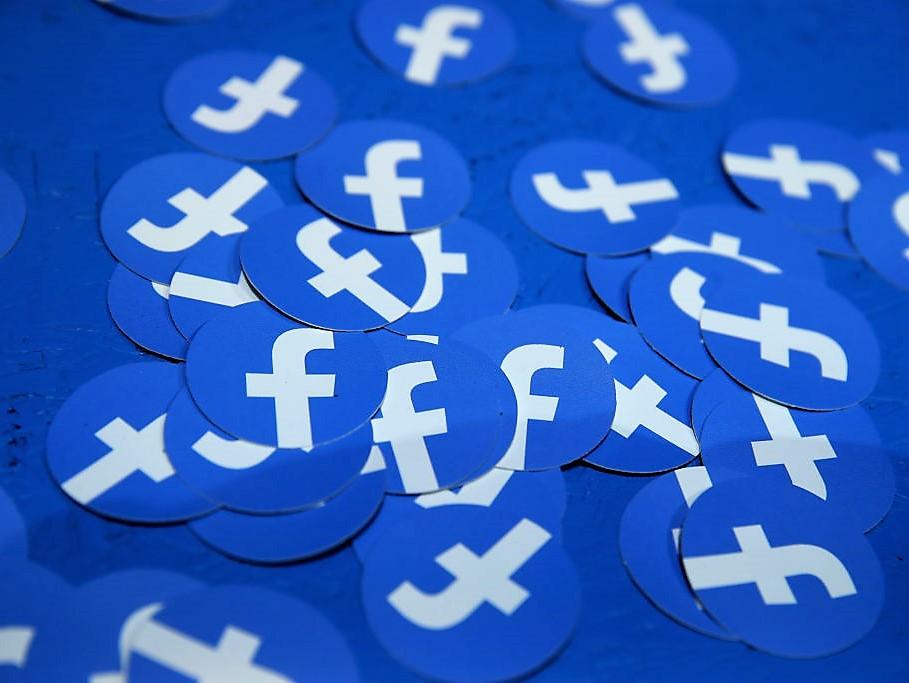Coronavirus: Facebook targets conspiracy theorists by directing them to official information
People engaging with dangerous conspiracies will be guided to the WHO's Mythbusters page

Your support helps us to tell the story
From reproductive rights to climate change to Big Tech, The Independent is on the ground when the story is developing. Whether it's investigating the financials of Elon Musk's pro-Trump PAC or producing our latest documentary, 'The A Word', which shines a light on the American women fighting for reproductive rights, we know how important it is to parse out the facts from the messaging.
At such a critical moment in US history, we need reporters on the ground. Your donation allows us to keep sending journalists to speak to both sides of the story.
The Independent is trusted by Americans across the entire political spectrum. And unlike many other quality news outlets, we choose not to lock Americans out of our reporting and analysis with paywalls. We believe quality journalism should be available to everyone, paid for by those who can afford it.
Your support makes all the difference.Facebook will start targeting users who spread misinformation and engage with conspiracy theories relating to the coronavirus pandemic, CEO Mark Zuckerberg has announced.
People who post false and dangerous content on the social network will be guided to official information and advice from the World Health Organisation (WHO), while a new section called Get The Facts will also be launched to debunk popular conspiracies.
“Through this crisis, one of my top priorities is making sure that you see accurate and authoritative information across all of our apps,” Mr Zuckerberg wrote in a Facebook post.
Facebook said the messages will connect people with the WHO’s Mythbusters page, which details how a number of claims about Covid-19 are not true.
It said the aim is to try to stop the spread of misinformation offline, as well as on its own platform.
Facebook vice president of integrity Guy Rosen said: “We want to connect people who may have interacted with harmful misinformation about the virus with the truth from authoritative sources in case they see or hear these claims again off of Facebook.
“People will start seeing these messages in the coming weeks.”
Facebook and wider social media have faced scrutiny over their attempts to stop the spread of misinformation and false claims linked to Covid-19 despite efforts to direct users to official guidance on the virus.
Phone masts have been attacked across the UK after conspiracy theories spread on social media claiming the virus was linked to the roll-out of 5G, despite scientists describing such a theory as “both a physical and biological impossibility” and the industry branding it “utter rubbish”.
Facebook said it has now directed more than two billion people to resources from official health authorities through its own information centre, and displayed warnings on around 40 million posts on the platform which had been rated at least partly false by fact-checkers.
The social network said this process is having an impact, suggesting its figures showed that when people saw these labels, 95% did not go on to view the original content.
However, last week, research from industry regulator Ofcom suggested that nearly half of UK adults online had been exposed to false claims around the virus.
Culture Secretary Oliver Dowden has also met internet giants – including Facebook – to urge a further clampdown on misinformation appearing online.
“To date, we’ve also removed hundreds of thousands of pieces of misinformation that could lead to imminent physical harm,” Mr Rosen said.
“Examples of misinformation we’ve removed include harmful claims like drinking bleach cures the virus and theories like physical distancing is ineffective in preventing the disease from spreading.”
Additional reporting by agencies.
Join our commenting forum
Join thought-provoking conversations, follow other Independent readers and see their replies
Comments